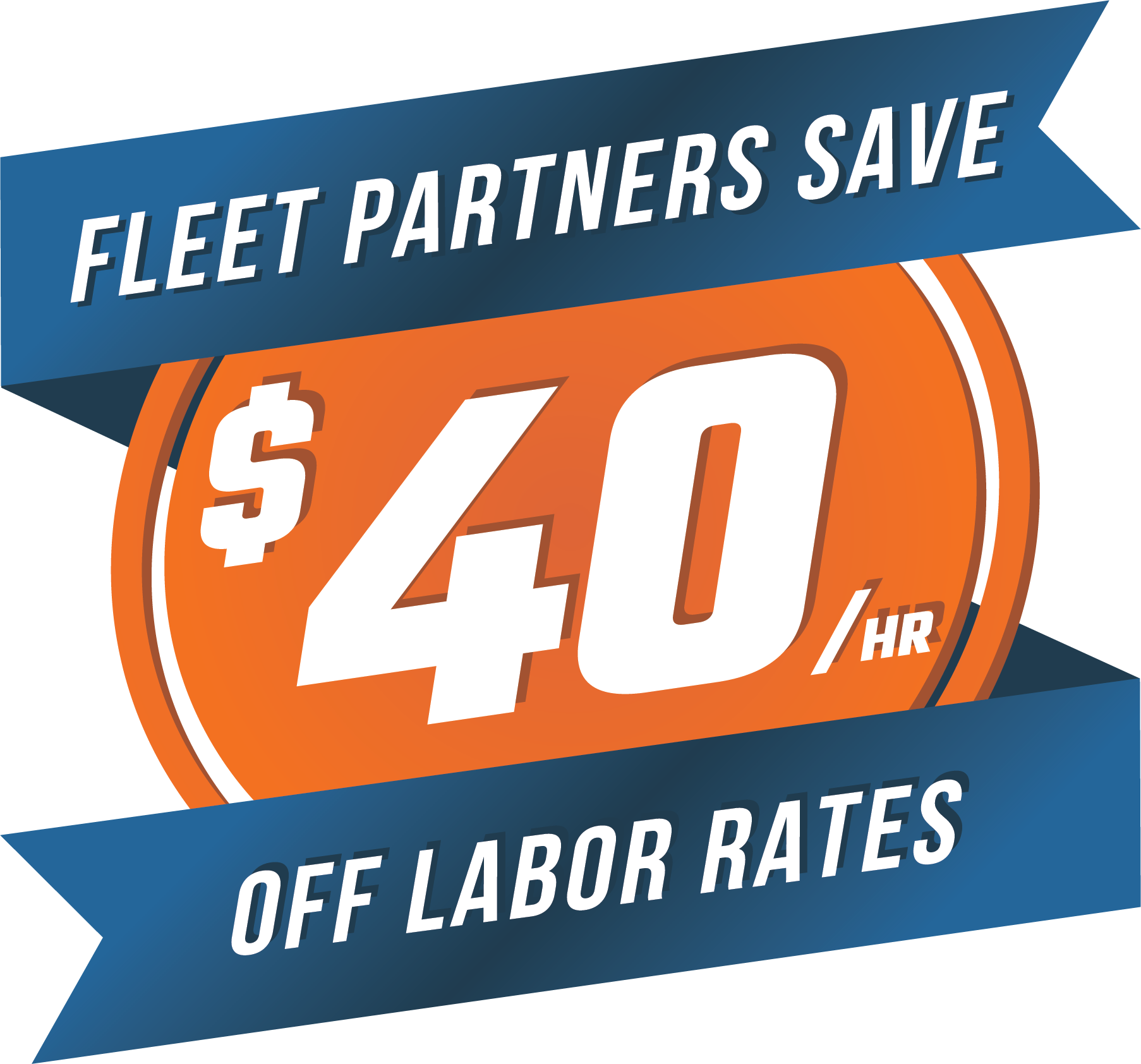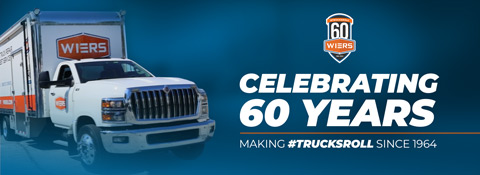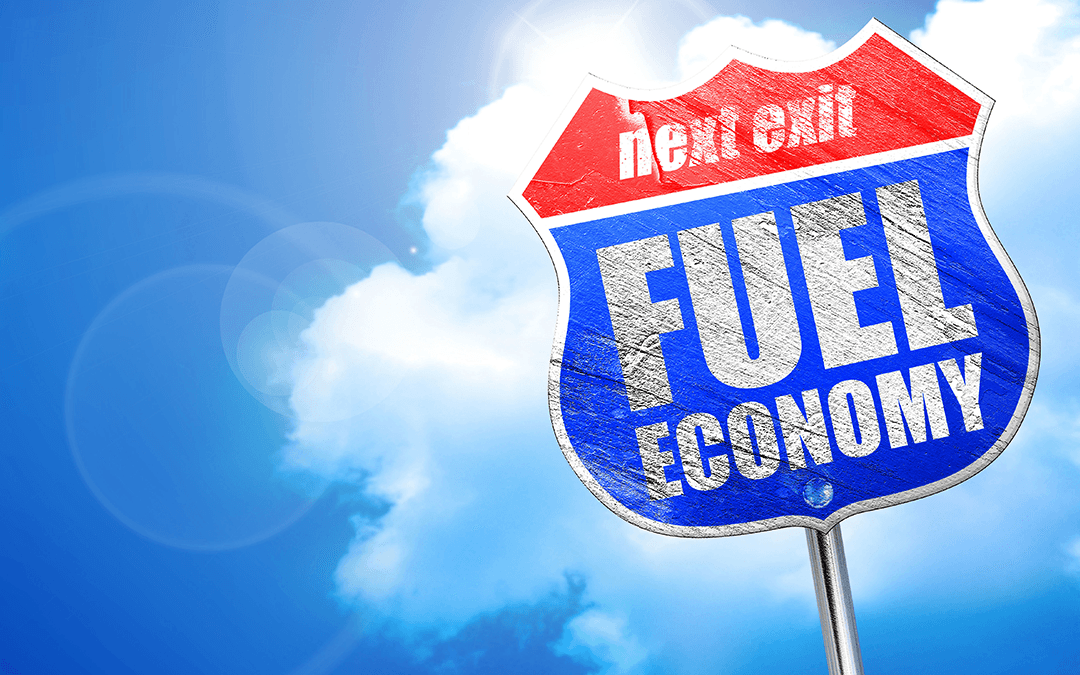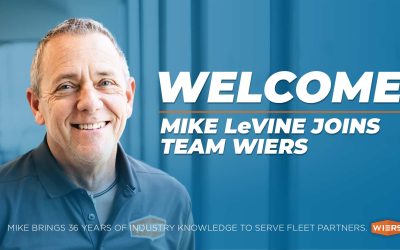Here’s a review of the history behind the CAFÉ rules (which stands for the Corporate Average Fuel Economy). These standards were enacted by the United States Congress in 1975, after the 1973-74 Arab Oil Embargo, to improve the average fuel economy of cars and light trucks (trucks, vans and sport utility vehicles) produced for sale in the United States.
According to the National Highway Traffic Safety Administration (NHTSA) regulates CAFÉ standards and the U.S. Environmental Protection Agency (EPA), the CAFÉ regulations are standards set by Congress specifies fuel efficiency standards must be set at the “maximum feasible level” given consideration in four ways:
- Technological feasibility;
- Economic practicality;
- Effect of other standards on fuel economy;
- Need of the nation to conserve energy.
Let’s drill down on the current status of the CAFÉ rules, and how they may affect your trucking operations and things are changing.
Under the Obama Administration – During the eight years of President Obama’s presidency, he sought to push forward an agenda in support of improving the effects of climate change with the fuel economy as a key piece of his commitment to reducing greenhouse gas emissions from roads. As part of a corporate average fuel economy CAFÉ regulation, the EPA had to decide by April 2018 whether to modify the 2022-2025 model year vehicle emission rules requiring average fleet-wide efficiency of more than 50 mpg. In November, the agency moved up the timetable for proposing that automakers can meet the 2025 standards.
Under the Trump Administration – Earlier this year, President Trump met with the auto industry and expressed his goals to launch a review of vehicle fuel efficiency rules set in place by Obama and the CAFÉ legislation. The newly-appointed EPA leadership is set to review the mileage targets previously set in the regulation and is widely expected to reduce the requirements.
While the corporate average fuel economy regulations are clearly in a volatile state and reversal or reduction appears eminent, it is still in every trucking business’s best interest to be prepared. Technologies like automated transmissions and low rolling resistance tires can help your fleet meet the first phase of CAFÉ standards while advanced technology, such as improved aerodynamics from skirts on trailers or powertrain hybridization.
Wiers Fleet Partners can assist you in the navigation of the ever-changing area. We can help you define a plan that makes sense for your business and help you efficiently execute that plan, keeping you ready for any changes that come!









